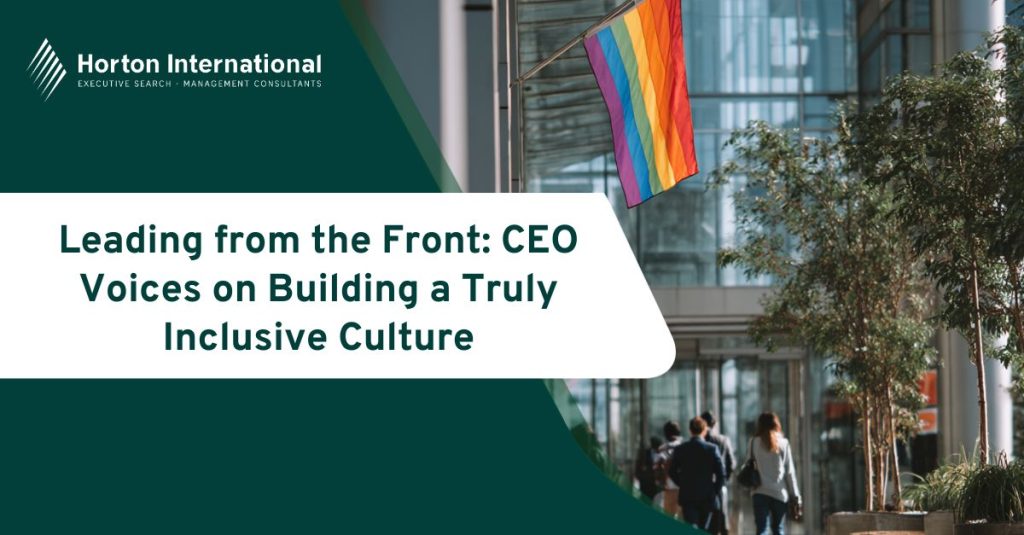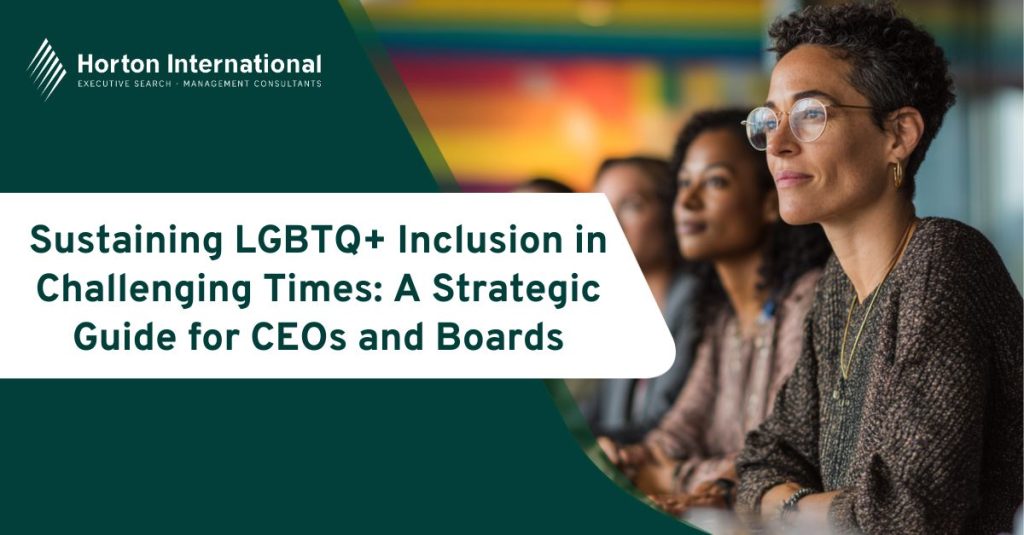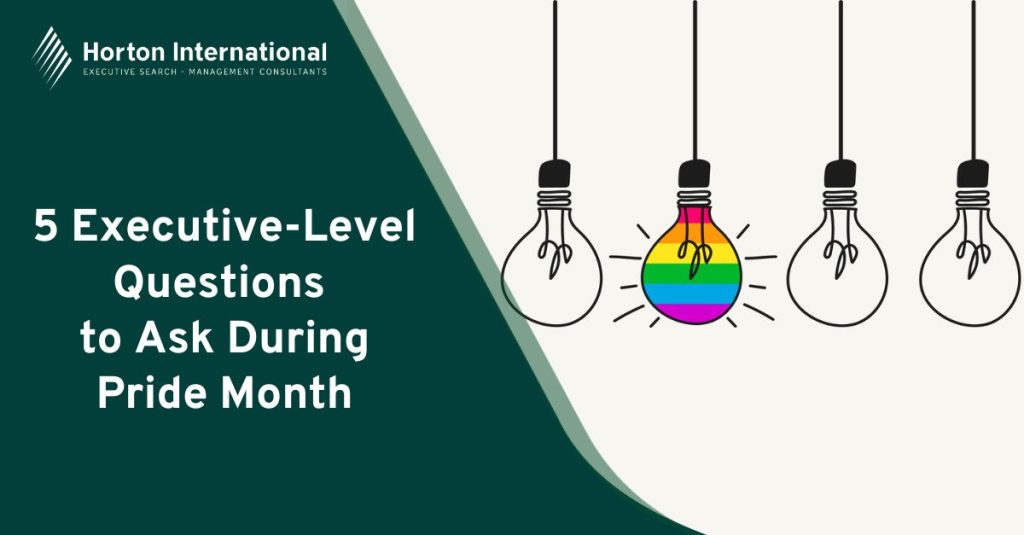Psychological safety remains a critical issue in the workplace, highlighting the importance of flexibility and adaptability to meet both operational demands and the needs of employees. Even as organisations increase their support for team members, concerns persist regarding the assurance of psychological safety, particularly within the context of a hybrid work environment.
What is Psychological Safety?
Psychological safety is the premise that you are safe to be yourself. It means that you feel accepted, respected and valued for who you are, as you are. This means you can show up, raise concerns and ask questions without feeling there is a risk of negative consequences.
At work, psychological safety can make you feel comfortable, included and supported. You know that you won’t be embarrassed, marginalised or negatively impact your career, self-image or status by being yourself and showing up in a way that’s authentic for you.
One of the biggest concerns about psychological safety in the workplace is the fear of speaking out, asking questions, making mistakes or raising concerns. With this, people can worry that they will be humiliated, punished or judged. The focus of psychological safety is to ensure everyone feels safe and included.
Why is Psychological Safety Important for Business?
Across the world, a lack of psychological safety in organisations has led to serious issues. When people don’t feel they can speak out or raise concerns, disasters can occur.
In business, psychological safety is vital. From helping to prevent failure or serious issues from occurring to ensuring the organisation is utilising all of the strengths in its team. Psychological safety helps build an innovative culture – encouraging unusual questions, half-finished sentences, and left-field ideas foster a creative and imaginative culture.
With this, organisations can benefit from a range of experiences, ways of thinking and approaches that can help not only identify solutions and consider problems from different angles but also come up with new solutions that continue to drive the business forward.
The benefits of psychological safety not only create a welcoming and engaged workforce, but it’s also known to deliver advantages such as:
- 74% less work-related stress
- 57% increase in workforce collaborations
- 50% more productivity
- 67% increase in skill application
- 27% reduction in staff turnover.
Psychological Safety in a Hybrid Setting
While organisations have been implementing strategies to improve psychological safety for many years, the recent increase in hybrid working has disrupted progress in the sector. For example, one-fifth of people feel ignored in virtual meetings, while nearly half of female leaders say they face difficulties speaking up in video calls.
Moreover, the boundaries between work and personal life have become blurred with more people working from home. This means the ‘non-work’ subjects that were left out of meetings are now becoming a crucial part of business decisions.
Work-life balance, childcare, health and ethics are all key components impacting a hybrid workspace. However, fear of speaking up about these issues erodes the organisation’s psychological safety.
Psychological Safety and the Impact of Bias
Employers and employees know that sharing personal information can create bias, even if unconscious. For leaders, there is also the legal implication of asking for personal information as well as wishing to respect the individual’s privacy. Therefore, what’s important is to create conditions where colleagues can choose to disclose information relevant to their work.
Leaders can create a safe space in which colleagues can share their work-life issues without judgement or negative implications. This can not only benefit the organisation but also build trust in employees that anything going on personally that they believe may have an impact on their work can be talked about openly and benefit the individual as well as the organisation.
Three Ways to Create Psychological Safety in a Hybrid Setting
Lay the foundations – Before considering the hybrid setting, it is important to check in on the foundations of psychological safety. These include:
Inclusivity – Feeling safe to be yourself and express your character, uniqueness and personality.
Development – Ensuring that individuals can feel safe while learning, growing, asking questions and giving feedback.
Speaking up – Enabling people to speak up and challenge processes, strategies or ways of working where they think there could be an opportunity for improvement.
Contribution – Allowing all individuals to submit and be recognised for their meaningful contributions and the difference they make to the organisation.
(2) Lead with work/personal challenges
Organisations should make employees aware that they recognise that hybrid working can bring more challenges. Success across the whole organisation will require everyone to feel comfortable identifying and sharing personal difficulties. This can help with team support and strategy plans that can be useful to other team members in similar positions.
For this to be successful, it requires senior team members to lead by example. Leaders who own their vulnerability and share their personal challenges can create a platform of psychological safety. This doesn’t mean employees will open up straight away, but it builds confidence and shows that openness is encouraged and celebrated.
(3) Encourage feedback
Many organisations and senior leaders say they welcome feedback, but actions may show otherwise. Asking for productive feedback and modelling the responsibility, acceptance and owning mistakes can help to create a culture where feedback is welcomed rather than met with defensiveness or hostility.
Leaders starting with this and making feedback and challenges safe and welcomed can help to encourage feedback across peers and from leaders too. The importance here is to ensure that leaders set the expectation for feedback and nurture this culture, hopefully reducing the fear and stress of others who may be giving or receiving feedback.
Ongoing Nurturing
Once the foundations of psychological safety in a hybrid space are set, the next step is to ensure that it is maintained and incidents which threaten psychological safety are managed to restore trust. Psychological safety is not a set-it and forget-it practice in the workplace; it is an ongoing commitment that should always be at the forefront of a successful, collaborative and dynamic team.








